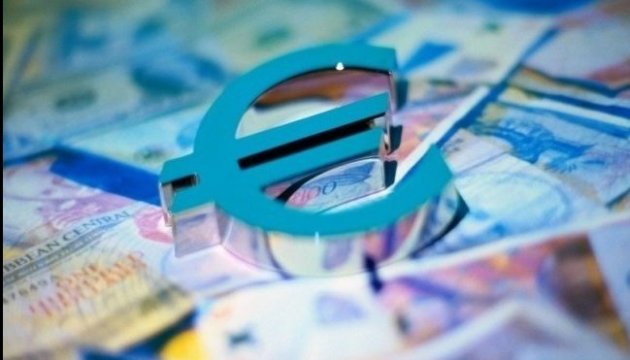- FG to Sell Diaspora Bonds in March after Eurobond Issue
The federal government will issue a debut diaspora bond by March to raise funds from Nigerians abroad, after completing a $1 billion eurobond sale this month, a finance ministry source told Reuters yesterday.
Nigeria is in its first recession in 25 years and needs to find money to make up for shortfalls in its budget. Low prices for crude and militant attacks in its crude-producing heartland, the Niger Delta, have slashed its oil revenues.
It first announced plans to sell diaspora bonds in 2013 to raise between $100 million to $300 million, but the government at the time could not finish appointing bookrunners for the sale before an election that swept the opposition into office.
The government plans to borrow up to $10 billion, with about half of that coming from foreign sources as it seeks to boost overseas loans to plug funding gaps and lower costs.
But so far only the African Development Bank has publicly confirmed a budget support package of $1 billion. The government has held talks for months with the World Bank, China and other institutions to fund the budget gaps.
In December, the government appointed Citigroup, Standard Chartered Bank and Stanbic IBTC Bank to manage the $1 billion eurobond sale, which it hopes to begin marketing in January.
Remittances are the second-largest source of foreign exchange receipts in Nigeria, after oil revenues. Citizens living abroad send at least $10 billion home annually.
Nigeria is the world’s fifth-biggest destination for international remittances after China, India, the Philippines and Mexico, with five million Nigerians living abroad sending money back to relatives, according to Western Union.
Meanwhile, the Africa Finance Corporation (AFC), a pan-African multilateral institution based in Nigeria, is likely to make a debut U.S. dollar sukuk issue by early February, banking sources close to the deal told Reuters yesterday.
If AFC makes a final decision to go ahead with the proposed debt sale over coming days, the sukuk will be issued in two or three weeks through a private sale, a banking source familiar with the transaction said.
At least one of the banks arranging the transaction is based in the United Arab Emirates, the source added. A spokeswoman at AFC declined to comment. A private placement normally requires less documentation than a bond listed on a public exchange.
The sukuk would be structured with a murabaha format, a popular cost-plus structure in Islamic finance, and use Nasdaq Dubai’s platform for murabaha transactions, according to a report by Moody’s Investors Service, which assigned a provisional A3 credit rating to the Cayman-domiciled special purpose vehicle.
“We will see more sukuk issuance from Africa-based issuers over the next few years” as borrowers seek to expand their investor bases, global head of Islamic finance at S&P Global Ratings, Dr. Mohamed Damak said.
“Another reason for issuers in Africa to choose the sukuk route is that sometimes sukuk can be cheaper than (conventional) bonds in terms of cost of funding, especially when it attracts significant interest from the market.”
AFC obtained a 15-year, $50 million line of financing from the Saudi Arabia-based Islamic Development Bank in 2015. It issued a debut $750 million conventional bond in 2015, a five-year deal that offered a 4.375 percent coupon.
Last year it issued a 100 million Swiss franc bond. That paper, with a maturity of three years and 150 days, pays a 0.85 percent coupon and was arranged by Deutsche Bank and UBS.


 Forex3 weeks ago
Forex3 weeks ago
 Naira3 weeks ago
Naira3 weeks ago
 Billionaire Watch2 weeks ago
Billionaire Watch2 weeks ago


 Naira3 weeks ago
Naira3 weeks ago




 Naira2 weeks ago
Naira2 weeks ago




 Naira1 week ago
Naira1 week ago




 Naira4 weeks ago
Naira4 weeks ago
 Banking Sector4 weeks ago
Banking Sector4 weeks ago























